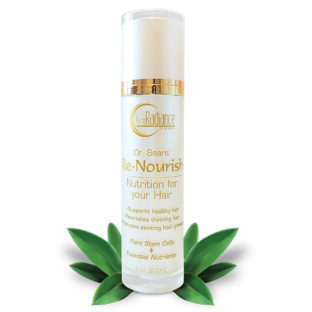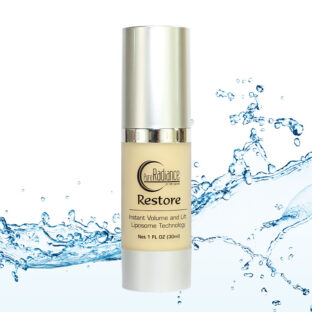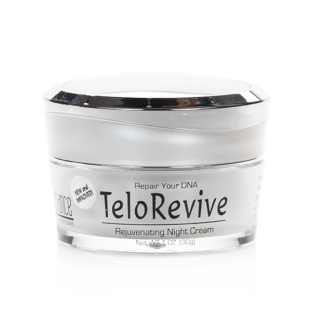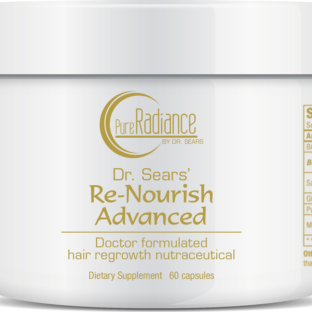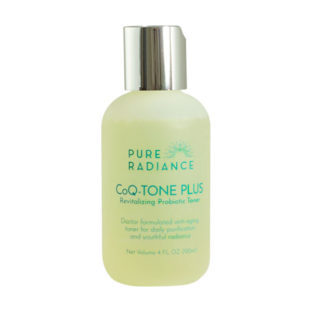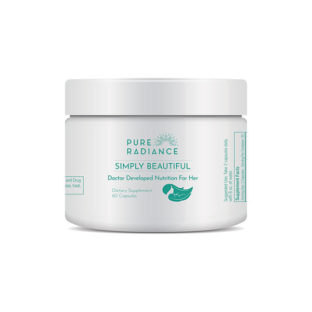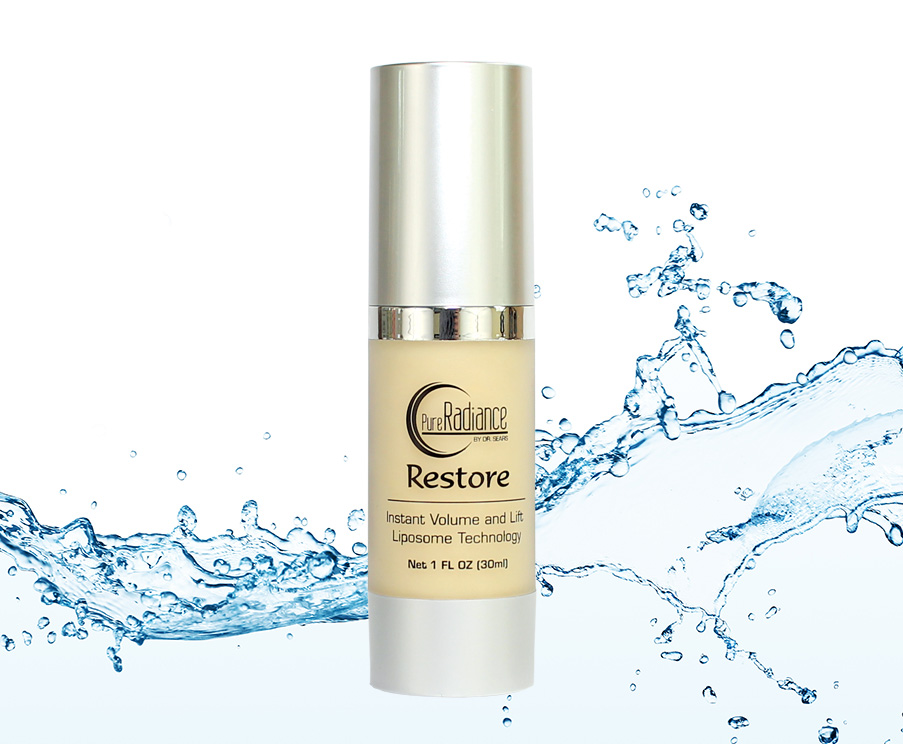Some of my patients don’t quite believe me when I tell them my age. I play tennis, swim, do sprints, climb mountains … and I have plenty of energy to fly around the world speaking and doing research. They look at me and say, “Yeah… but you have good genes.”
In a way, they’re right.
It’s not that I was born with “good genes,” though. I take good care of my genes… and it’s paying off. I can run circles around most men my age. Fortunately for my patients – and for you – I’m not doing anything you can’t.
I’ve been writing to you about telomeres for several years now. These little “caps” on the ends of your chromosomes protect your genetic material during cell division. The longer your telomeres, the longer your cells live. They’re an anti-aging dynamo on the cellular level.
I’ve written to you about a number of nutrients linked to longer telomeres, too. Nutrients like Omega-3 fatty acids and vitamin C. People with higher intakes tend to have longer telomeres. Exercise lengthens telomeres, too, as long as it’s shorter, more intense exertion and not endurance exercise.
But there’s something else you should know about… because it’s key to fighting the effects of age.
If you remember, telomerase is the enzyme that helps rebuild telomeres. Activating it can reverse the aging of your cells by as much as 20 years.1
Today I want to tell you about a nutrient that activates telomerase… it carries so many health benefits that if it were a drug, they would give it the Nobel Prize.
It’s vitamin D.
A landmark study from a university in Nebraska found that vitamin D has the potential to lower the risk of all cancers in women by 77 percent.2
Maybe that’s because of the anti-aging effect vitamin D has on the immune system and telomere length. In a study conducted at King’s College in London, researchers looked at telomere length in a large group of women. Women with high vitamin D levels had much younger cells.
Their telomeres showed 5 years less aging than women with the lowest vitamin D levels.
A 2013 Harvard study had similar results. Among 1,424 nurses tested, those with the highest vitamin D levels also had the longest telomeres.3
Why do people who have high levels of vitamin D have longer telomeres?
Because vitamin D activates telomerase. One study divided people into two groups and measured their vitamin D levels. Then researchers randomly assigned the people to either get a placebo or the equivalent of 2,000 IU of vitamin D a day.
After only 4 months, those taking vitamin D had their telomerase activity skyrocket by 19.2%.4 Those taking a dummy pill had no change in telomerase activity.
Exposure to the sun is the best way to get plenty of vitamin D. A good rule of thumb is to get outside when your shadow is shorter than you are. Typically that’s between 10 am and 2 pm. But most people don’t get enough sun on a daily basis. And if you live north of Atlanta, the winter sun isn’t strong enough to trigger much vitamin D production.
Oily fish is the best food source of vitamin D. Taking cod liver oil daily should give you plenty. But if you don’t like fish, look for the D3 form of vitamin D. It’s the bioactive form.
I usually recommend 5,000 IU every day, which is much more than a standard multi-vitamin. Most only give you 400 IU which won’t activate telomerase.
To Your Good Health,
Al Sears, MD
1. Harley, C.B., et al, “A natural product telomerase activator as part of a health maintenance program,” Rejuvenation Res. 2011; 14(1): 45-56.
2. Lappe et al. “Vitamin D Status in a Rural Postmenopausal Female Population.”Journal of the American College of Nutrition. 2006; 25(5):395-402.
3. Liu, J.J., et al, “Plasma vitamin D biomarkers and leukocyte telomere length,” Am J Epidemiol. 2013; 177(12): 1411-1417.
4. Zhu H, Guo D, Li K, Pedersen-White J, Stallmann-Jorgensen I, Huang Y, Parikh S, Liu K, Dong Y. “Increased telomerase activity and vitamin D supplementation …” Int J Obes. 2012;36(6):805-9. Yin K,
5. Agrawal D. “Vitamin D and inflammatory diseases.” J Inflamm Res. 2014;7:69-87.


